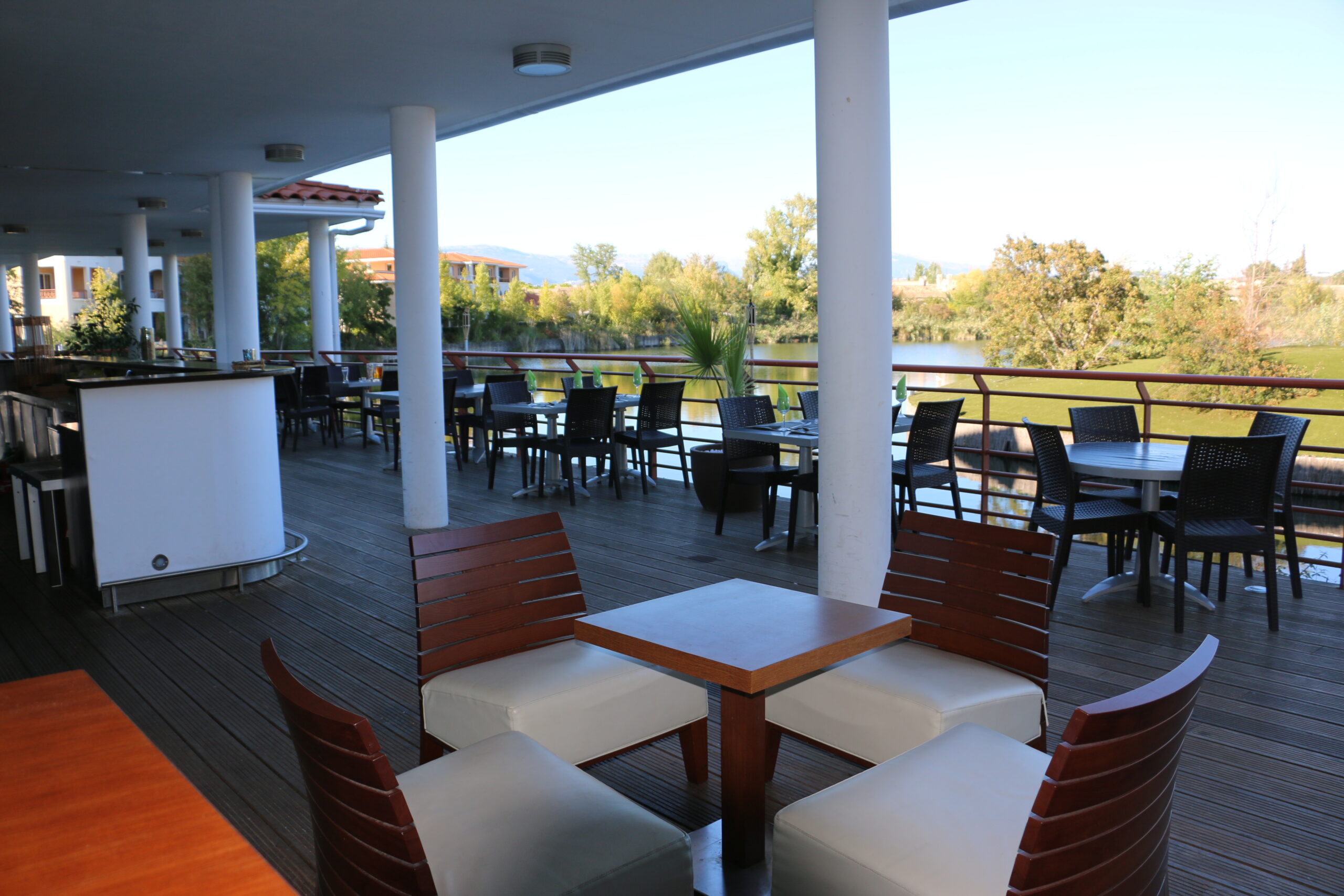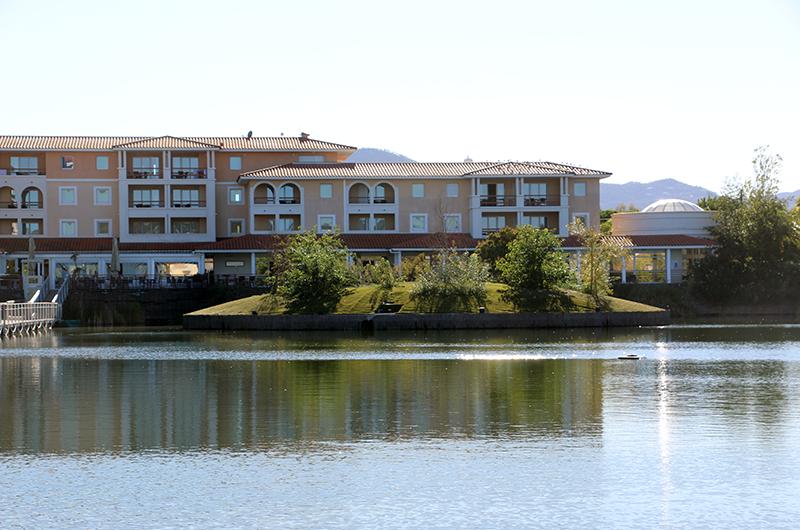Introduction
Ah, the allure of French leaseback ownership. You were sold a dream of hassle-free income, vacation stays, and guaranteed rents that sounded as reliable as a warm baguette. Instead, your “investment” smells suspiciously like a ripe wheel of Roquefort: sharp, full of unexpected tang, and—let’s face it—a bit overwhelming.
If your guaranteed rent has turned into guaranteed headaches and your cozy French escape feels more like a financial trap, don’t worry, you’re not alone. In this article, we’ll explore the ups, the downs, and the downright absurdities of French leaseback ownership, with a sharp sense of humor to cut through the funk.
1. “Guaranteed Rent”: The Marketing Mirage
Let’s start with the pièce de résistance of leaseback sales pitches: guaranteed rent. It sounds magical, doesn’t it? No matter what happens—tourist apocalypse, a misbehaving Eiffel Tower, or an economic downturn—you’d supposedly still get paid. The reality? That “guarantee” often has more holes than a slice of Emmental.
Common Surprises:
- Management Company Shenanigans: They stop paying rent, citing “operational challenges,” and suddenly your “guaranteed” income is about as solid as a soufflé on a windy day.
- Lease Renegotiations: Midway through your lease, you’re told that the guaranteed rent can only continue if you agree to lower payments. It’s like being charged extra for cheese on a French onion soup.
- Fine Print Follies: Hidden clauses that allow the management company to shift maintenance costs onto you or adjust payments under vaguely defined “market conditions.”
Pro Tip: If the rent guarantee feels too good to be true, it probably is. Always ask for specific performance data, audited accounts, and detailed explanations before signing anything.
2. Maintenance Fees: The Never-Ending Fromage Grater
In the leaseback universe, charges de copropriété (maintenance fees) are where dreams go to die. At first, they’re modest—a manageable nibble on your profits. Then, like a poorly aged cheese, they begin to balloon, and suddenly you’re paying for everything from roof repairs to “essential” landscaping for a lavender bush no one asked for.
Classic Fee Surprises:
- Mystery Expenses: Why are you paying €10,000 to repaint the lobby of a property you’ve never seen? Good question.
- Recurring Repairs: The swimming pool’s filter has been “replaced” three times in two years. Are they using gold-plated filters or are you funding the maintenance manager’s ski chalet?
- Tourist-Friendly Upgrades: New sun loungers for guests that somehow come out of your pocket. You don’t even get to sit on one!
Pro Tip: If the maintenance costs exceed your rental income, it’s time to grab a magnifying glass, a lawyer, and maybe a stiff drink. Review every invoice and don’t be afraid to question what’s being charged.
3. Your Role as a Landlord: Passive Income or Full-Time Cheese Maker?
Leaseback properties are marketed as turnkey investments requiring no effort from you. Unfortunately, many owners find themselves drawn into the day-to-day dramas of property management—whether it’s handling disputes with the management company, chasing unpaid rents, or fielding complaints from tourists who don’t like the curtains.
What They Promised vs. What You Got:
- Promised: Stress-free, passive income.
- Reality: Stressful, active wrangling with accountants, lawyers, and repairmen who seem to operate on Paris time (a.k.a. three hours late, if they show up at all).
Pro Tip: If you’re spending more time managing your leaseback than you would a small business, it’s time to reevaluate whether this “investment” is worth the sweat.
4. The Art of Escape: Selling Your Leaseback Property
Selling a leaseback property is a lot like trying to unload an overripe wheel of cheese—it takes the right buyer, the right timing, and a lot of patience. Here’s what you need to know if you’re ready to cut your losses and move on.
Options for Resale:
- With the Lease: You sell the property as-is, lease and all. It’s attractive to investors who want a (hopefully) functioning rental income stream, but the pool of buyers may be limited.
- Without the Lease: You terminate the lease (a potentially lengthy and expensive legal process) and sell the property for personal use. This can fetch a higher price but requires upfront effort and costs.
Legal Considerations:
- Termination Clauses: Does your contract even allow you to exit? Many management companies fight tooth and nail to keep the lease intact.
- Market Realities: Be prepared for a discounted sale price compared to traditional real estate, especially if your property is in a less desirable area.
Pro Tip: Partner with a French lawyer who specializes in leaseback properties. They’ll help you navigate the legal and logistical maze of terminating the lease or negotiating a fair sale price.
5. Lessons for Future Investments: Smarter Cheese, Better Returns
If you’ve been burned by a leaseback investment, don’t despair. Use the experience as a learning opportunity and a cautionary tale for future endeavors.
Key Takeaways:
- Do Your Homework: Investigate the developer, management company, and local property market thoroughly before investing.
- Get Everything in Writing: Insist on clear, detailed contracts that explicitly outline guarantees, maintenance responsibilities, and exit options.
- Consult the Experts: From lawyers to financial advisors, enlist professional help to vet the deal.
- Consider Alternatives: Short-term rental platforms, co-ownership, or direct property purchases may offer more control and better returns.
6. When to Seek Legal Help
If your leaseback property is turning into a financial black hole, don’t go it alone. A French lawyer with expertise in leaseback investments can help you:
- Understand Your Contract: Identify breaches or exploitable clauses.
- Negotiate Better Terms: Whether it’s a rent adjustment or a buyout, legal backing gives you leverage.
- Terminate the Lease: If the management company isn’t holding up their end of the deal, a lawyer can help you exit cleanly.
- Prepare for Resale: Navigate the paperwork and tax implications of selling your property.
Pro Tip: Legal fees might seem like an added expense, but they’re often a fraction of the losses you’ll avoid by acting strategically.
Conclusion
French leaseback ownership often promises Camembert but delivers Limburger. While some investors strike gold, many find themselves grappling with late rents, ballooning fees, and contracts that feel more like a trap than an agreement. The good news? There’s always a way out—or at least a way to make the best of a smelly situation.
Whether you’re ready to hold, fold, or lawyer up, remember: even the sharpest cheese has its fans, and with the right strategy, you can turn a bad investment into a lesson that leads to better, brighter opportunities.
Here’s to cutting losses—and maybe cutting some cheese along the way. 🧀 Bon courage!





